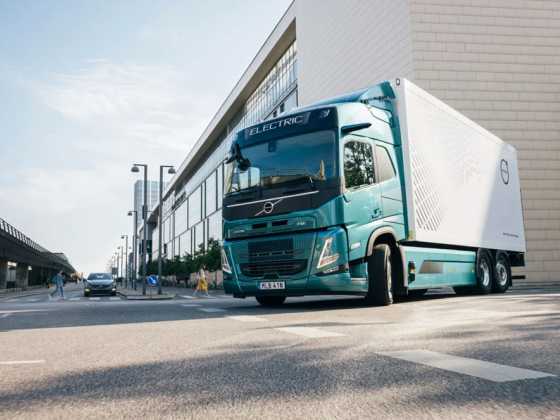Study predicts 1.5 million hydrogen cars by 2030
A joint Government-industry study predicts that over 1.5 million hydrogen powered vehicles could be rolling on UK roads by 2030.
The forecast is made in an interim report commissioned to evaluate the benefits of hydrogen fuel cell electric vehicles (FCEVs) and ensure the UK is well positioned for their commercial roll-out.
The study, produced by the UKH2Mobility project, suggests initial uptake of FCEVs will progress as models make their way on to the market and the fuelling network matures. The roadmap shows that once mass FCEV production is established, bringing costs down, there is the potential for 1.6 million vehicles on UK roads by 2030, with annual sales of more than 300,000. A co-ordinated network of hydrogen refuelling stations will need to be established, focusing at first on national trunk routes and heavily populated areas. An initial roll-out of 65 stations would provide sufficient coverage in line with early vehicle sales, with the network growing in line with the number of FCEVs on the road to provide 1,150 sites by 2030.
The roadmap shows that, based on the uptake figures above, FCEVs could reduce UK annual total vehicle CO2 emissions by three million tonnes in 2030. Replacing diesel vehicles with FCEVs could also save between £100 million and £200 million a year in the cost of damage to air quality caused by vehicle emissions by 2050.
Using a range of manufacturing methods can deliver hydrogen at a cost that is competitive with diesel, with 60 per cent lower CO2 emissions in 2020, improving to 75 per cent less in 2030. Hydrogen production will be on course for zero emissions by 2050, at which time FCEVs could have a market share of between 30 to 50 per cent.



